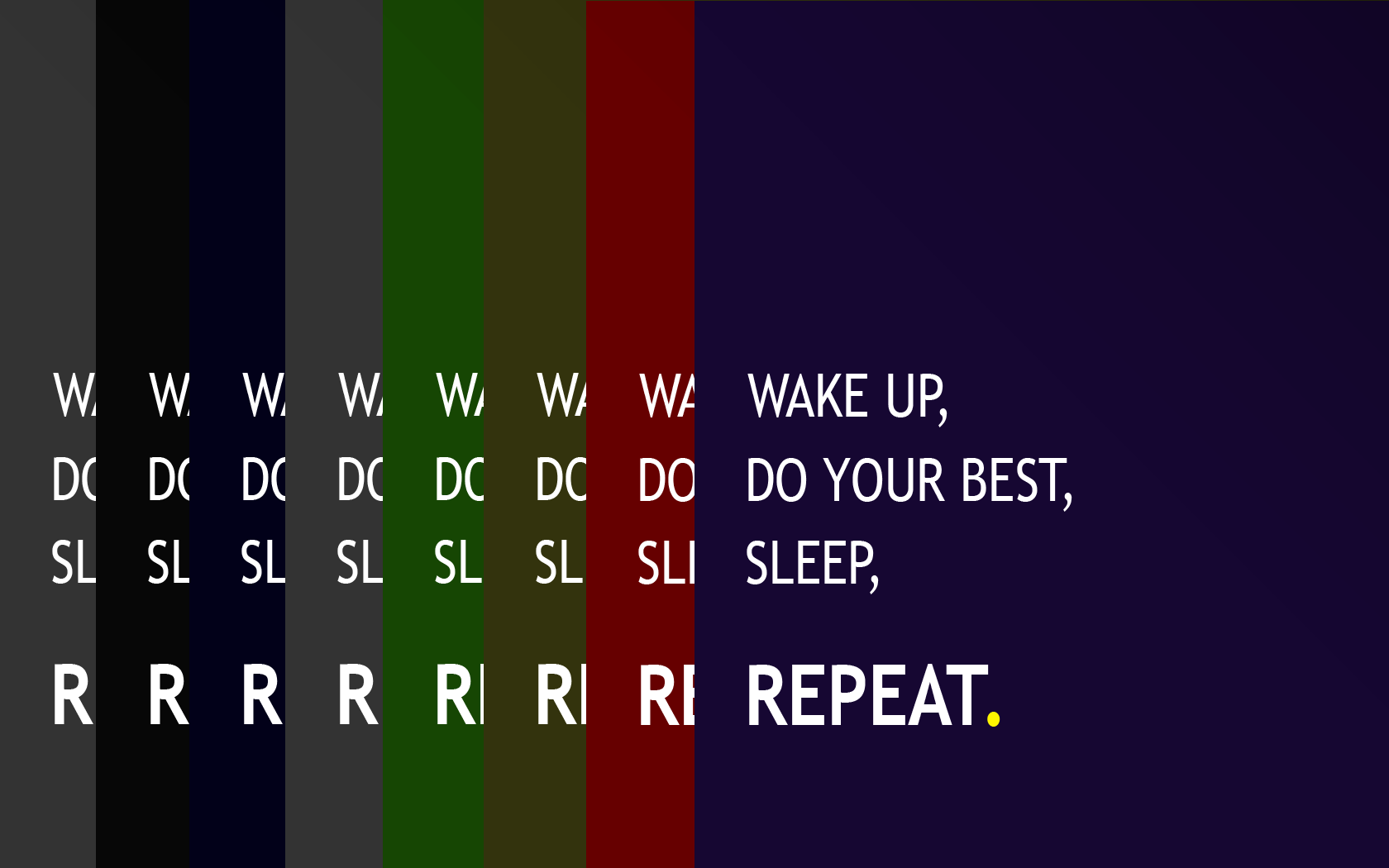
FAQ About Creating a Routine
Creating a Routine
2 years ago | gizem
How do I start creating a routine?
To start creating a routine, follow these steps:
- Identify your goals and priorities: Determine what areas of your life you want to focus on and what goals you want to achieve. This could include work, health, relationships, hobbies, personal development, or any other aspect important to you.
- Assess your current schedule: Take a look at how you currently spend your time. Identify any patterns, recurring tasks, or activities that are already part of your routine. This will help you understand where adjustments or additions need to be made.
- Determine a time frame: Decide whether you want to create a daily, weekly, or monthly routine. Consider your lifestyle and the level of structure you desire. Most people find it helpful to start with a daily routine and build from there.
- Break it down into blocks: Divide your day into blocks of time based on your activities and priorities. Consider different categories like work, personal care, exercise, family time, hobbies, and relaxation. Allocate time to each block based on its importance and the amount of time you typically spend on those activities.
- Create a schedule: Using a planner, digital calendar, or a simple pen and paper, create a visual representation of your routine. Assign specific activities to each block of time, keeping in mind your goals and priorities. Ensure that you allow for flexibility and account for unexpected events or changes.
- Start small and build gradually: It's often more effective to start with a few key activities and gradually incorporate more into your routine. This helps prevent overwhelm and increases the likelihood of sticking to the routine. Begin with a realistic and manageable schedule that you can comfortably follow.
- Be adaptable: Recognize that routines may need adjustments along the way. Be open to refining and tweaking your routine as you gain insights and experience what works best for you. It's important to be flexible and adaptable to accommodate changing circumstances or new goals.
- Implement and evaluate: Begin following your routine and track your progress. Assess how well the routine is working for you. Pay attention to what aspects are effective and what may need modification. Regularly evaluate and adjust your routine to ensure it continues to meet your needs and support your goals.
- Stay motivated and accountable: Find ways to stay motivated and hold yourself accountable. This can include setting reminders, finding an accountability partner, rewarding yourself for sticking to the routine, or tracking your progress. Celebrate milestones and achievements along the way to maintain your enthusiasm.
